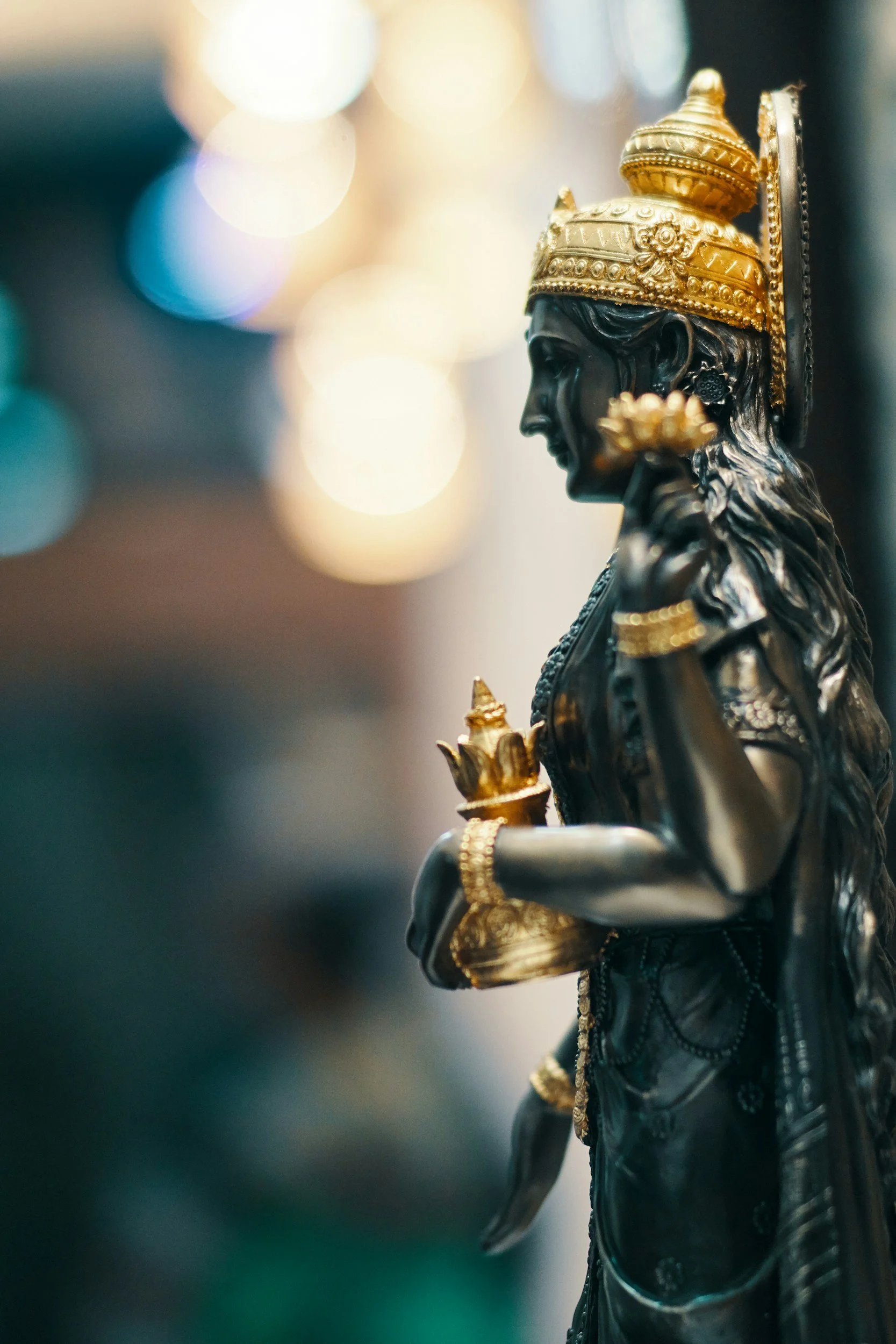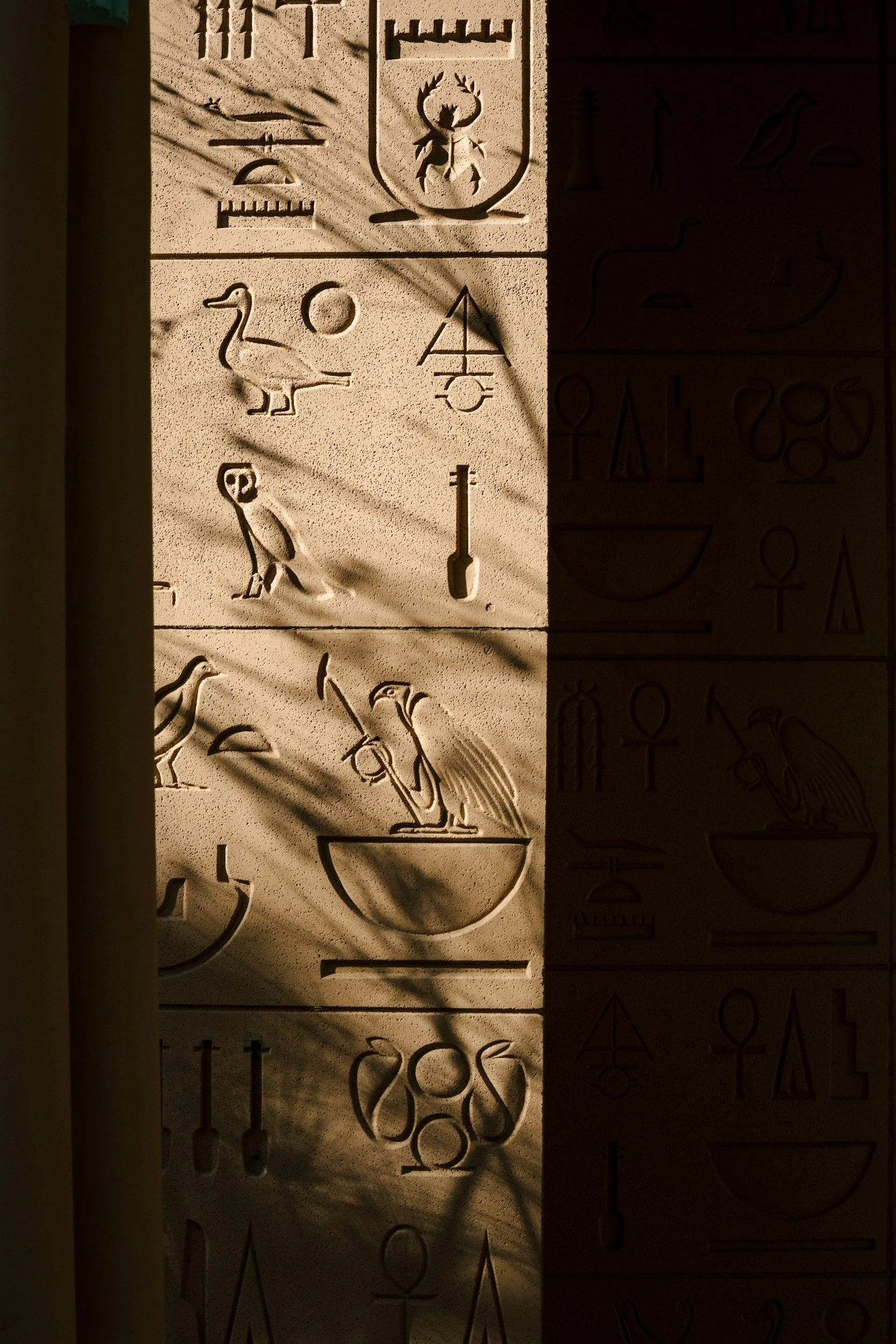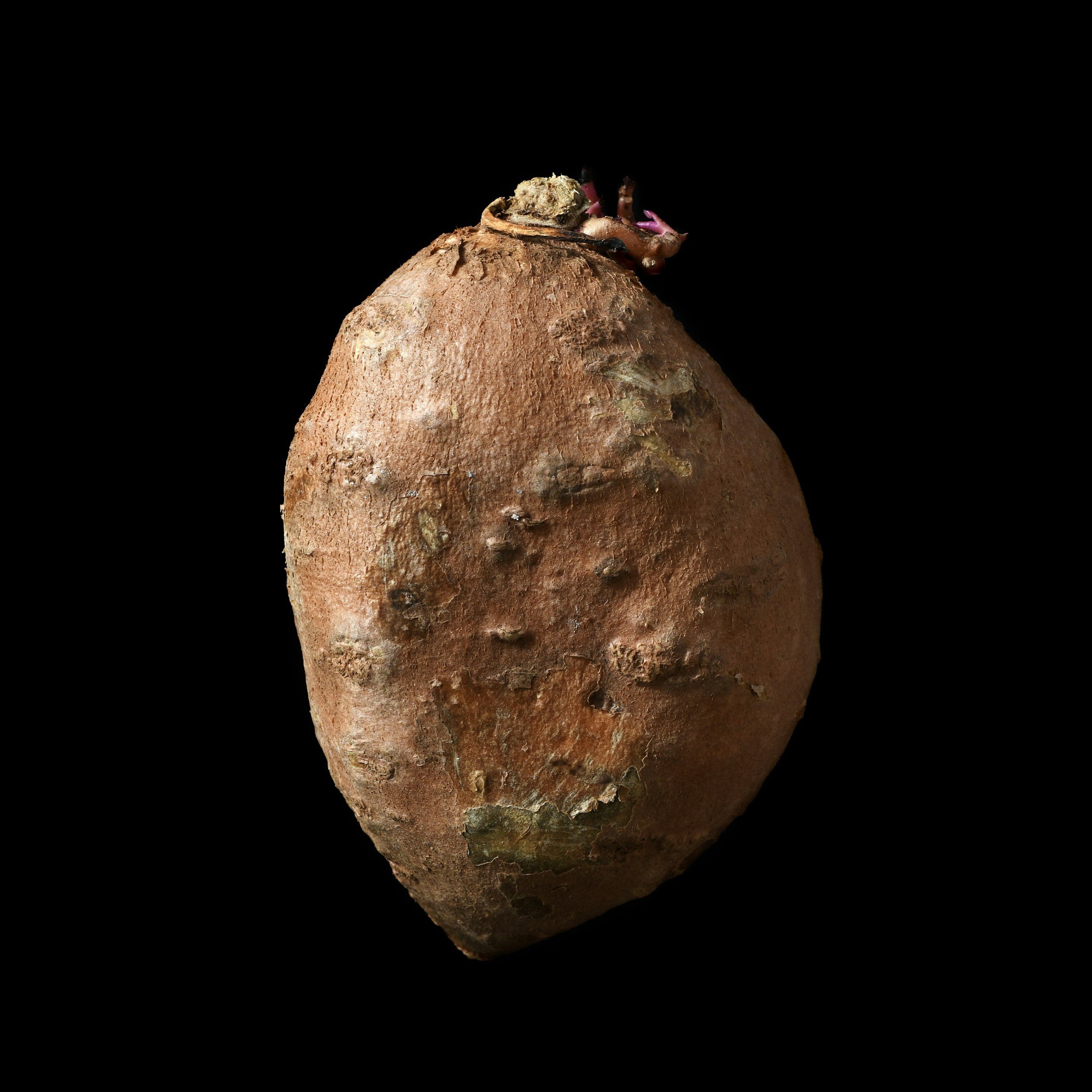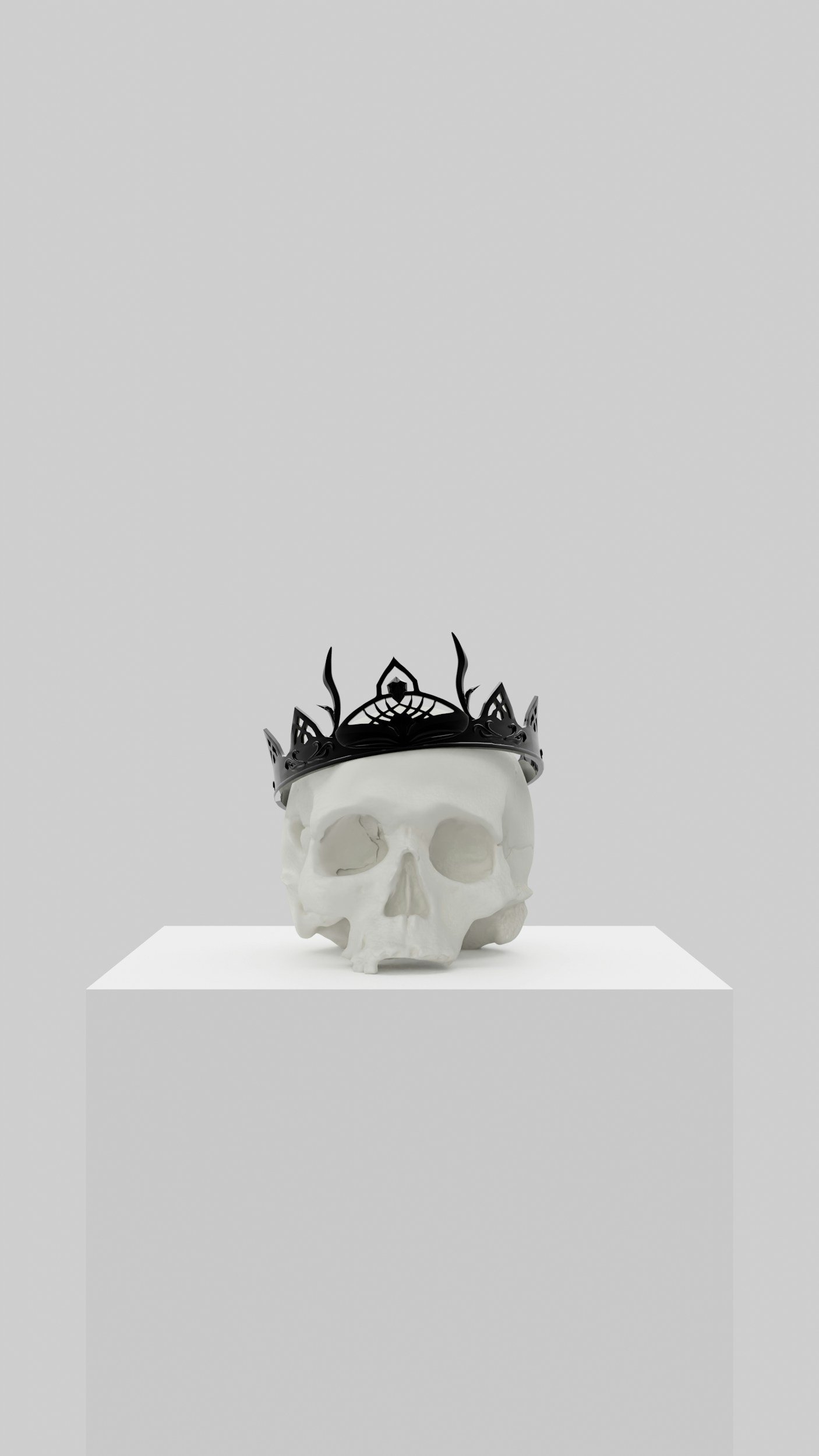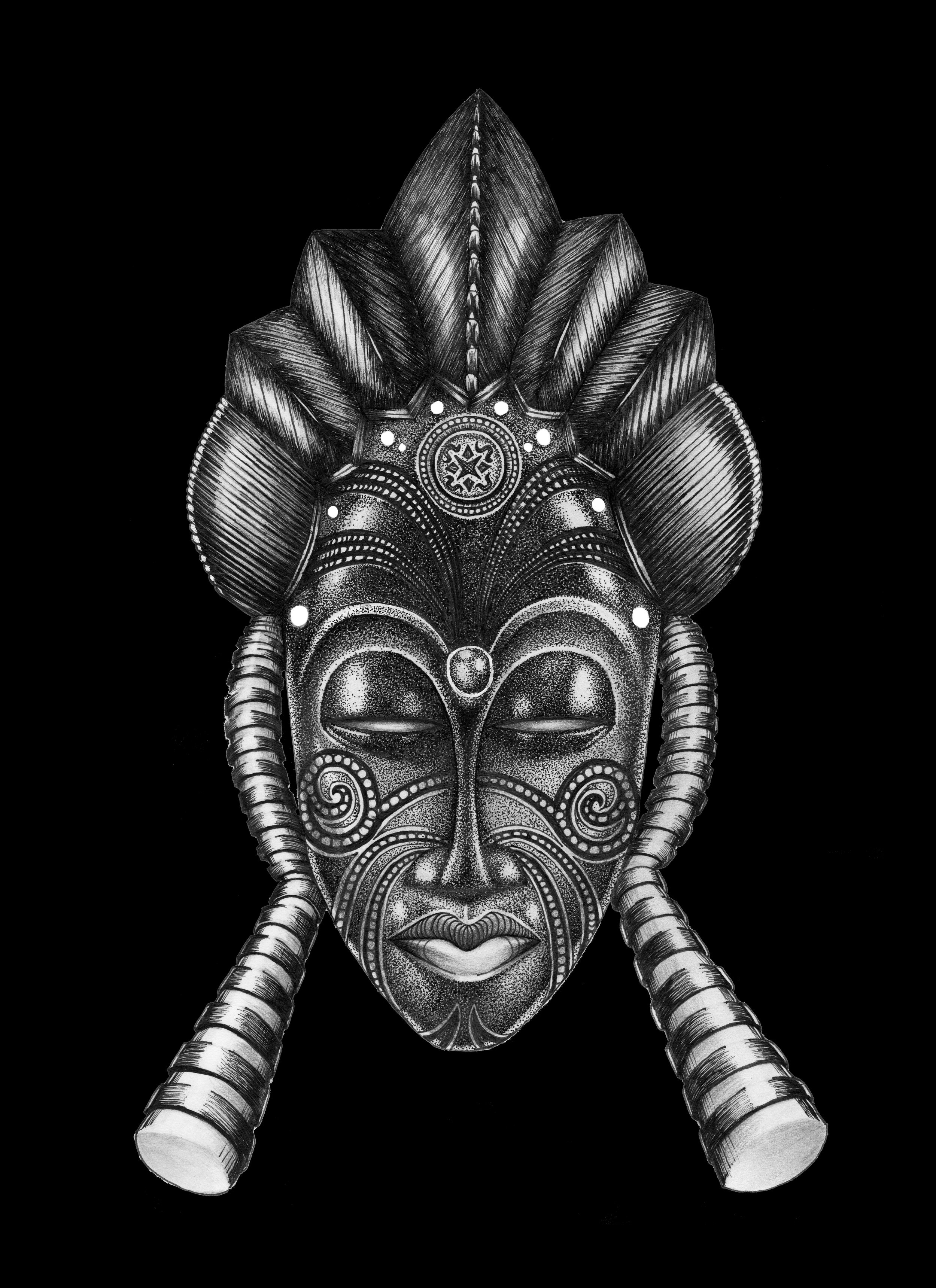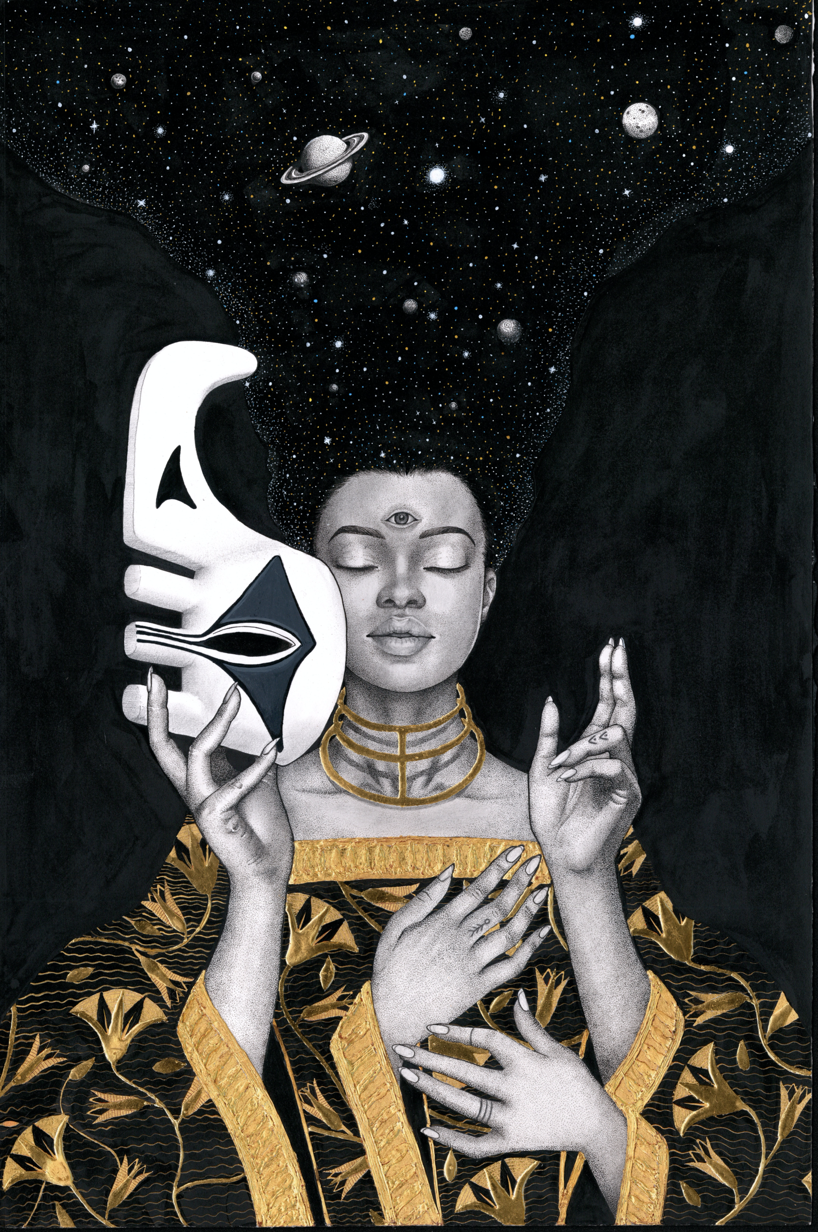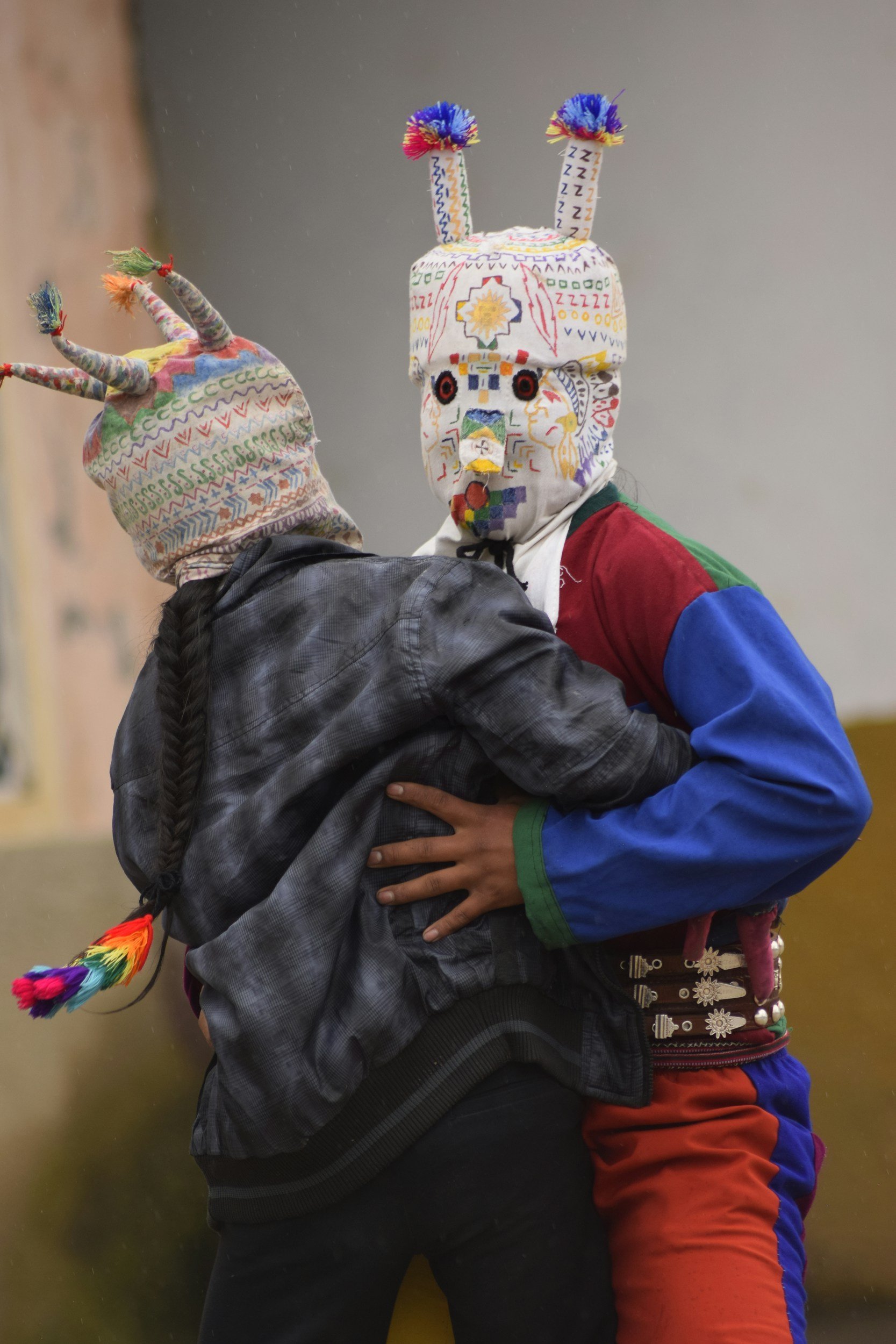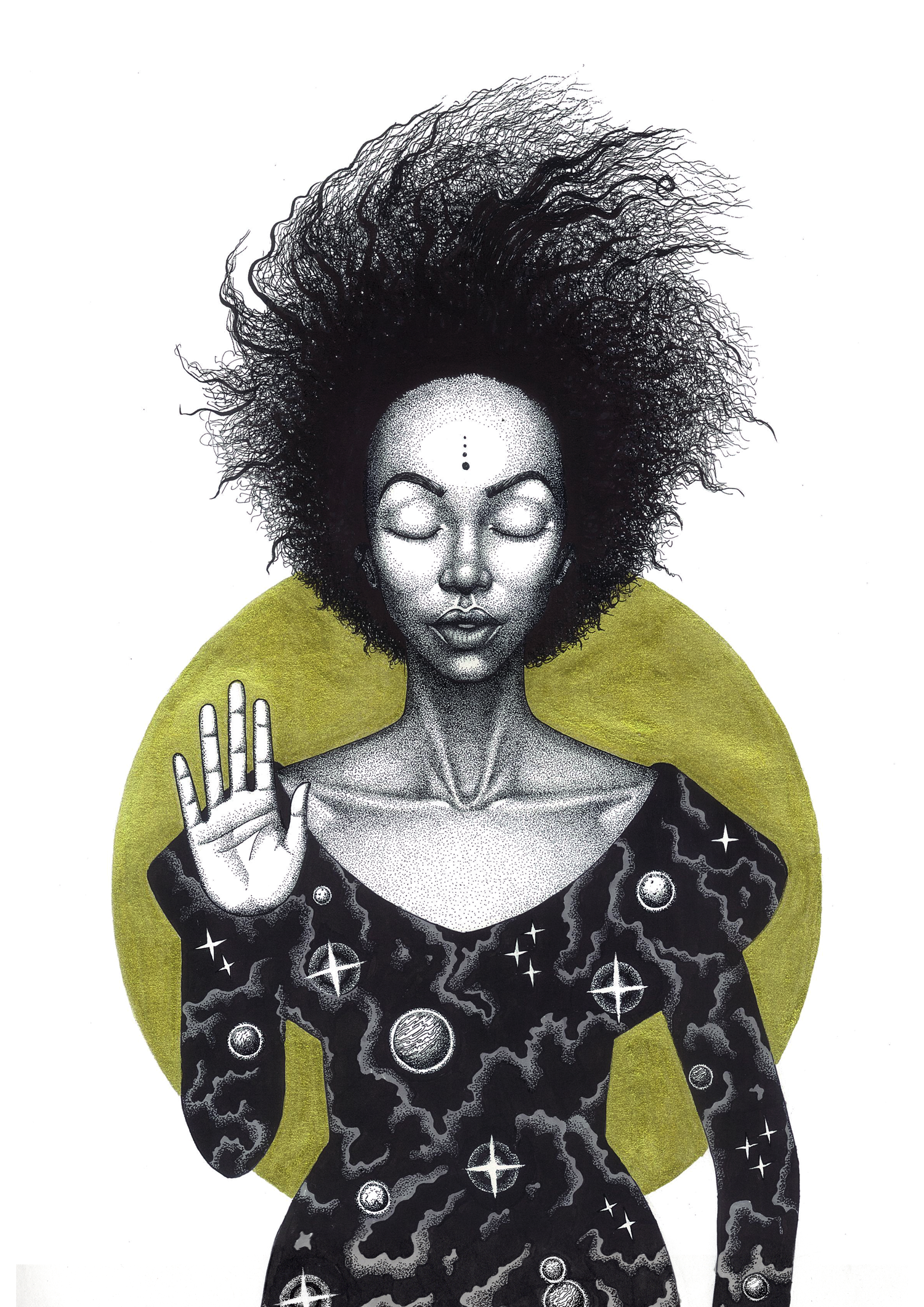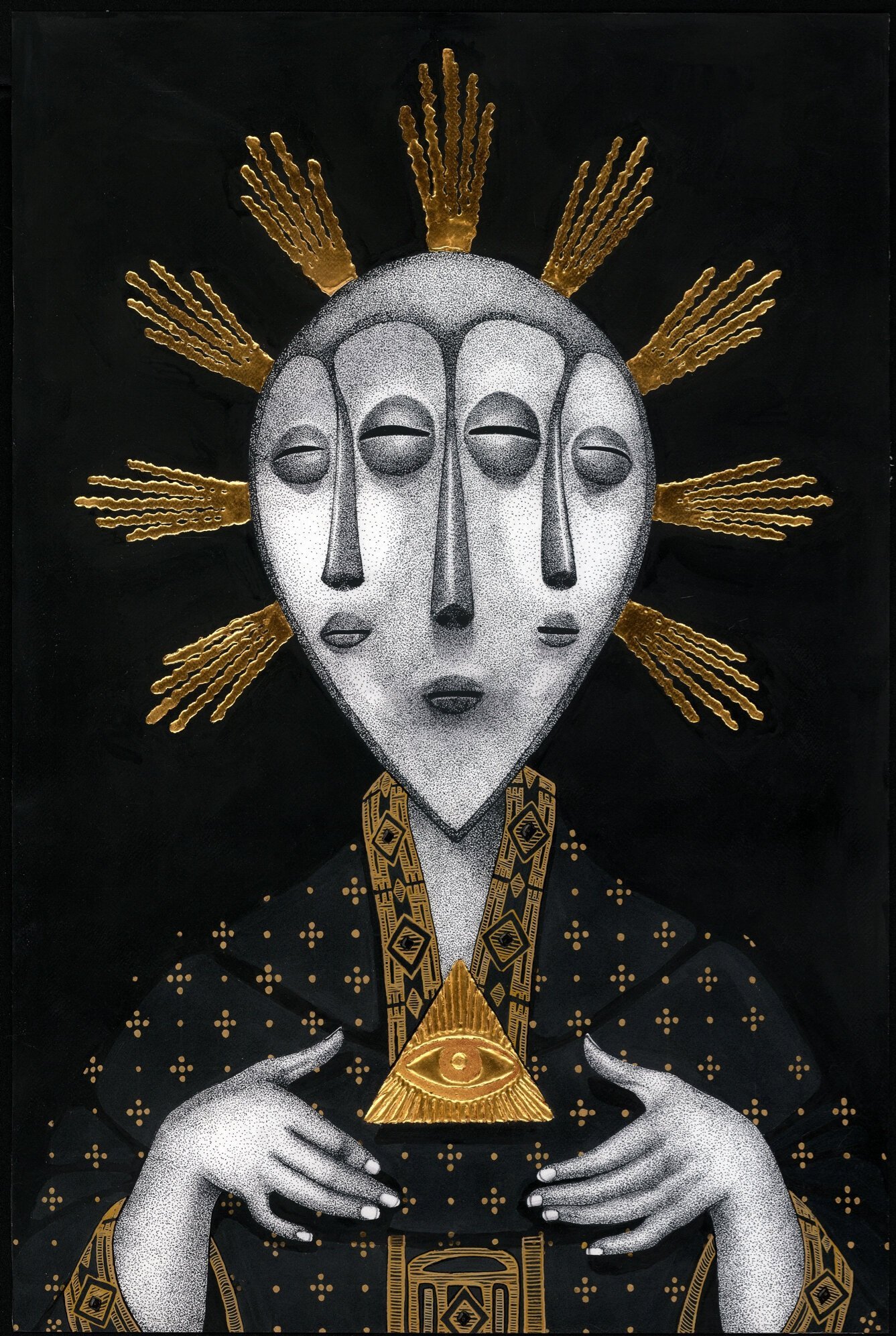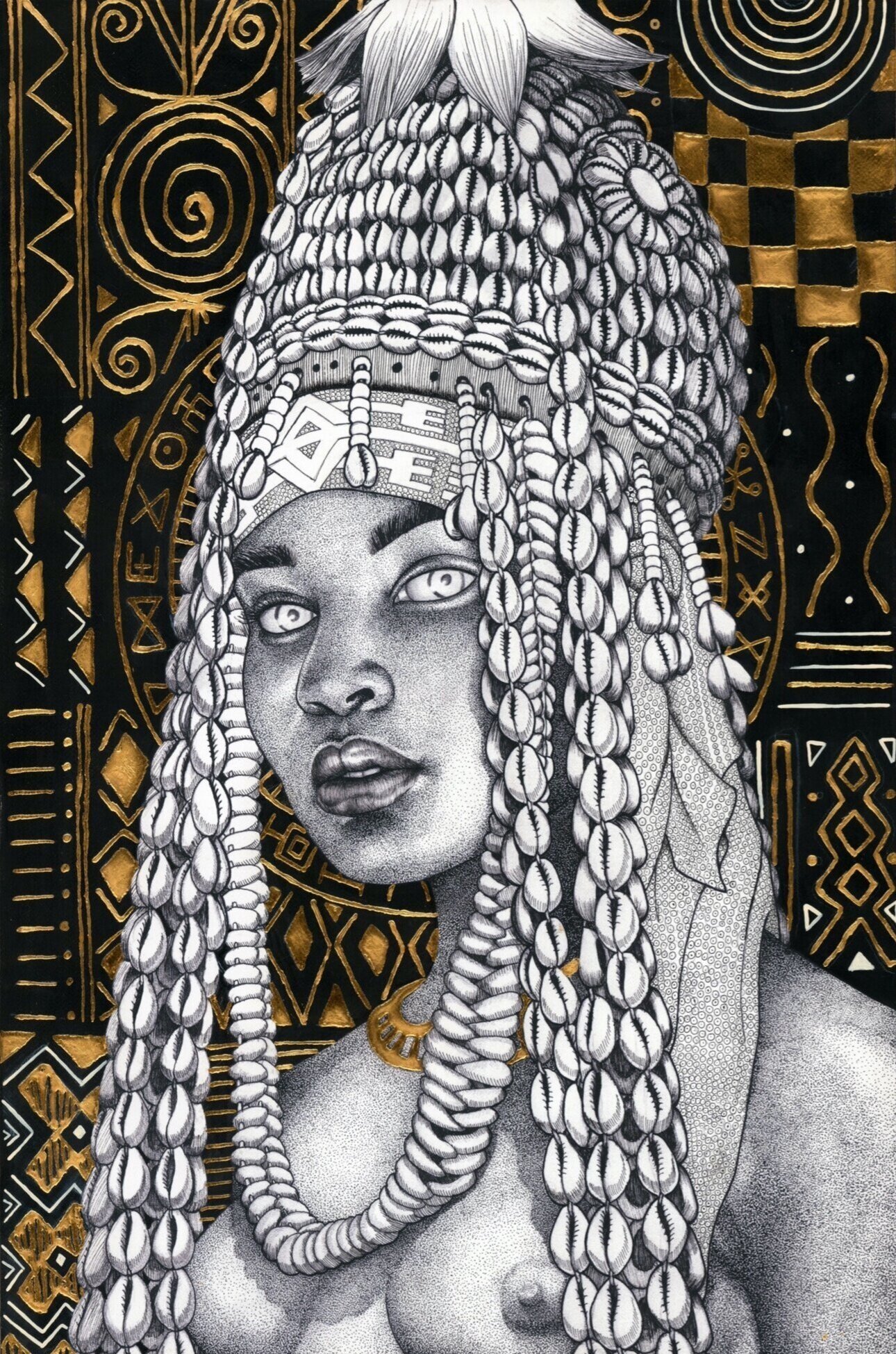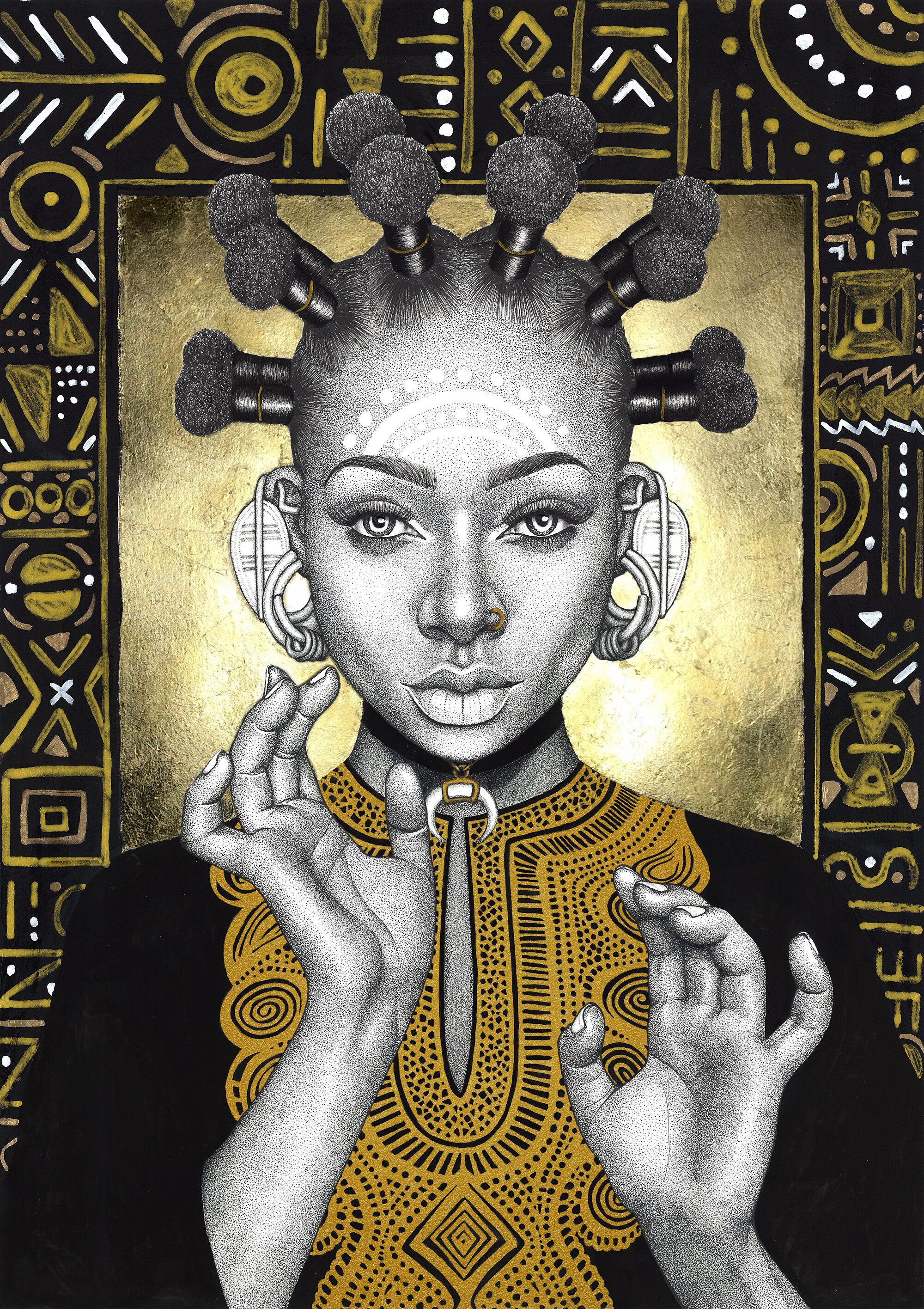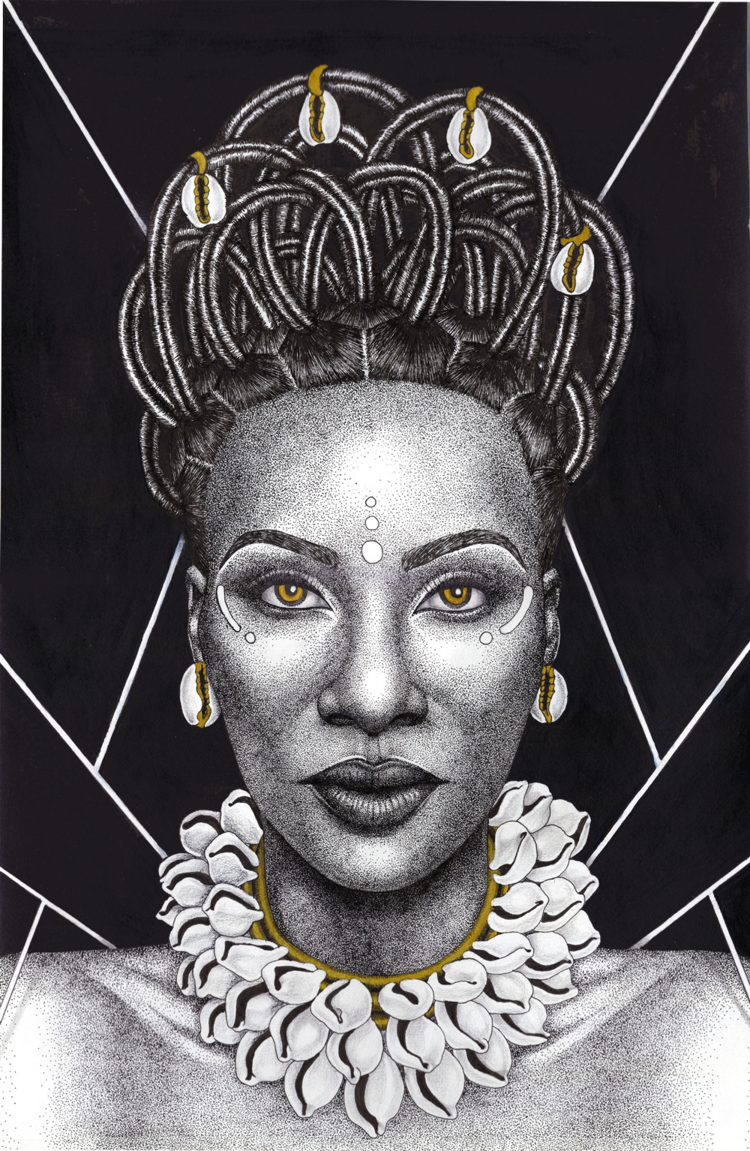Agwu as Agwa (Character) in Odinani
In Odinani, the concepts of Agwu (one’s spiritual calling) and Agwa (one’s character) intertwine to offer philosophical insights into the connection between personal development and destiny. Agwu, usually associated with the spirit of divination and fate, and Agwa, meaning character or behavior, together illustrate a fundamental principle: our past actions and character shape our future. In this post, we will explore the intricate relationship between these concepts, suggesting that understanding and refining one's character works in direct relation to programming one's destiny.
The Foundation of Agwu and Agwa
In Igbo cosmology, Agwu is not just a spiritual entity but also a symbol of the intrinsic forces that influence human behavior, fate and destiny. It represents the hidden complexities of the mind and spirit that drive our actions and decisions. Agwa, on the other hand, refers to one's character or moral fiber, which is seen as the cumulative result of one's choices and actions over time.
The interplay between Agwu and Agwa in Igbo philosophy suggests that character is both the result of spiritual influences and a determinant of future realities. In essence, character can be viewed as a conscious algorithm—a set of programmed responses and behaviors that dictate how we interact with the world and ultimately shape our life's path.
Understand Your Future by Understanding Your Past
One of the foundational beliefs in Igbo philosophy is that to navigate one's future effectively, one must first understand and come to terms with the past. This perspective holds that our past actions, decisions, and experiences are not isolated incidents; they are the building blocks of our future. Every choice we make is a thread in the fabric of our destiny, woven through the loom of our character.
When we reflect on past behaviors and their outcomes, we can gain valuable insights into the patterns that may be governing our lives. This process of reflection is similar to reading a personal history book, where each chapter explains the why and how of one's current circumstances.
Fixing the Past to Liberate the Future
The notion that fixing one's past can improve one's future is central to the concept of Agwu as Agwa. In practical terms, this involves a process of introspection, acknowledgment of past mistakes, and conscious efforts to rectify them. This process is not about changing the past but about understanding and transforming its influence on the future. This is in part what the indigenous ritual known as Ilu Agwu seeks to address in the life of every Igbo person with a spiritual calling.
Revisiting past experiences with the aim of learning and growing changes the algorithm of Agwa. It allows for the reprogramming of character in ways that promote better outcomes. Forgiveness, reparation, and positive behavior changes are all part of the recalibration of one’s character.
Character as a Conscious Algorithm
Character can be likened to a conscious algorithm that determines life manifestation. Just as a computer algorithm operates based on coded instructions, character guides behavior based on ingrained moral and ethical codes. This analogy underscores the importance of actively shaping one's character to influence future realities positively.
Every action, thought, and decision feeds into this algorithm, either reinforcing existing patterns or creating new ones. Therefore, consciously cultivating virtues like honesty, resilience, compassion, and integrity can set the foundation for a future that reflects these qualities.
Final Thoughts
In Odinani, the concepts of Agwu and Agwa provide a powerful framework for understanding how character shapes destiny. We can take active steps to cultivate a character that aligns with the life we aspire to lead by acknowledging that our character is both a product of our past and a blueprint for our future. This process of character refinement is ongoing and requires constant vigilance and commitment. However, the rewards are profound, as a refined character not only improves one's life all around but also contributes to the well-being of the community and the continuity of cultural values. In this way, character development is not just a personal journey but a legacy we build for future generations.
Recommended Resources:
What Is Agwu In Ọdịnanị Igbo Indigenous Spirituality? | Dibia Nwangwu Uchendu (Blog)
Types Of Agwụ And Their Animal Symbolisms | Dibia Nwangwu Uchendu (Blog)
Agwu the Arushi of Wisdom | Medicine Shell (YouTube)
What Happens When You Ignore Your Agwu? | Medicine Shell (YouTube)
